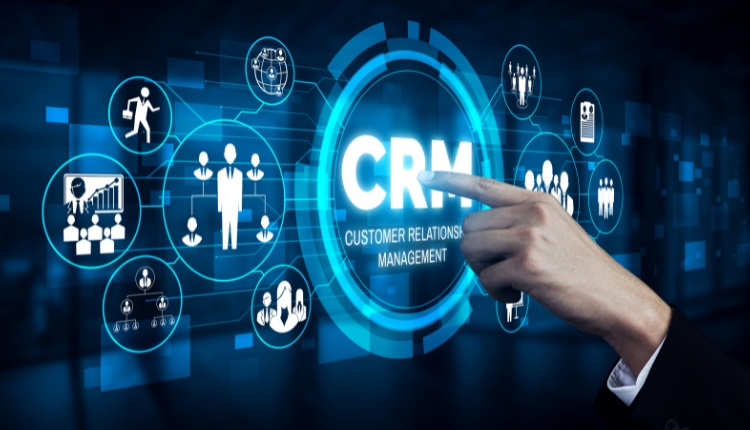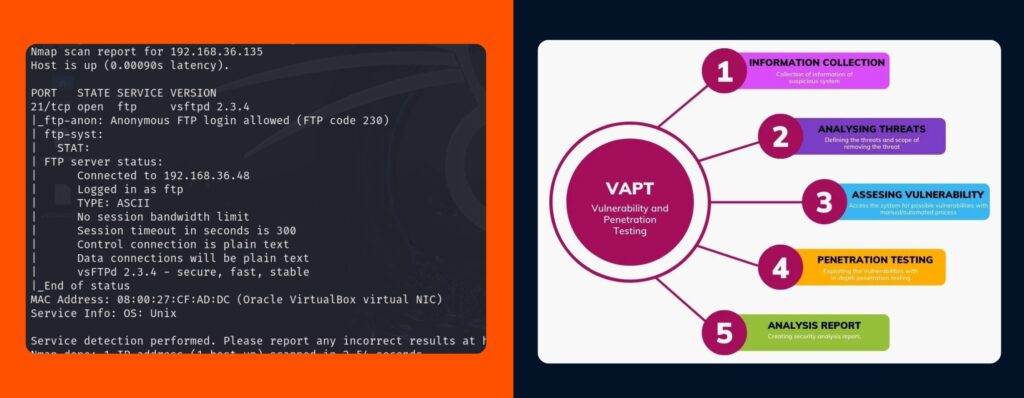In an ever-evolving digital landscape, e-commerce continues to redefine retail experiences worldwide. With advancements in technology and shifts in consumer behavior, the future of e-commerce advancement is not almost online deals; it includes a holistic method that integrates various elements like web design, digital marketing, SEO services, mobile app advancement, and branding. This article will dig deep into the trends and developments forming the future of e-commerce development.

The Future of E-Commerce Advancement: Patterns and Innovations
As we journey through 2023 and beyond, the e-commerce sector is witnessing amazing transformations. From making use of expert system (AI) for tailored shopping experiences to blockchain technology ensuring secure transactions, the developments are many.
Understanding E-Commerce Development
E-commerce development is basically about developing a digital shop where consumers can search product and services and make purchases online. It involves whatever from web design & & development to backend logistics dealing with.
- Web Advancement Services: Necessary for setting up an efficient platform. SEO Services: Important for driving traffic to online stores. Digital Marketing Agency: Assists brand names reach their target market effectively.
Current Patterns in E-Commerce Development
1. Customization Through AI
Artificial Intelligence has actually ended up being a pivotal force in customizing shopping experiences. By examining user data, AI algorithms can advise products based on past purchases or browsing history.
- Benefits: Increases customer satisfaction. Enhances conversion rates.
2. Voice Commerce Revolution
With the increase of smart speakers and voice assistants like Alexa and Google Assistant, voice commerce is acquiring traction. Consumers choose making hands-free purchases while multitasking.
- Statistics: According to current studies, voice commerce sales are projected to reach $40 billion by 2024.
3. Mobile-First Approach
As mobile usage continues to rise, establishing mobile-friendly platforms is crucial for e-commerce success. Companies should focus on responsive web design that deals with mobile users' needs.
- Responsive Design: Ensures smooth user experience across devices.
4. Subscription-Based Models
Consumers are progressively embracing membership services for convenience-- everything from meal packages to streaming services has seen significant growth.
- Advantages: Predictable profits streams for businesses. Enhanced consumer loyalty.
5. Increased Reality (AR) Shopping Experiences
AR innovation permits clients to envision items in their environment before acquiring them. This immersive experience can significantly lower return rates.
- Example: IKEA's app lets users see how furnishings would search in their homes using AR features.
Innovations Shaping E-Commerce Development
1. Blockchain Technology in E-Commerce
Blockchain offers openness and security in deals while lowering fraud likelihood-- important aspects that consumers now require from online retailers.
- Real-Time Tracking: Guarantees item credibility and supply chain integrity.
2. Social Commerce Integration
Social media platforms are developing into shopping locations themselves with features that enable users to acquire directly from posts or ads https://embtelsolutions.com/digital-marketing/franchise-digital-marketing without leaving the app.
- Platforms Leading This Change: Instagram Facebook
3. Advanced Payment Solutions
Consumers today expect varied payment choices-- from conventional credit cards to cryptocurrencies like Bitcoin-- making it important for e-commerce sites to accommodate these preferences.

- Payment Gateways: Help with smooth deals across various payment methods.
The Importance of Branding in E-Commerce Development
Branding plays an essential function in separating your business from rivals within the congested e-commerce area. A strong brand name identity promotes trust amongst customers and improves recognition over time.
1. Building Trust Through Branding
A well-defined brand interacts dependability and consistency-- elements that consumers search for when making online purchases.
- Elements of Trustworthy Branding: Professional website design. Clear communication channels.
2. Crafting an Engaging Brand Story
Every brand has a story; sharing it effectively through your website and marketing products can resonate with customers on an emotional level, eventually motivating them to pick your items over others'.
SEO Providers for E-Commerce Success
Search Engine Optimization (SEO) remains indispensable for increasing visibility on search engines, therefore driving organic traffic to your website-- a basic aspect of any successful e-commerce strategy.
1. On-page SEO Techniques
On-page SEO concentrates on enhancing specific pages within your site while guaranteeing they rank greater in search engine result:
- Keyword Research Meta Tags Optimization Product Descriptions Enhancement
2. Off-page SEO Strategies
Off-page SEO describes actions taken outdoors your website that impact its authority:
- Link Building Social Media Engagement
The Function of Digital Marketing Agencies in E-Commerce Growth
Digital marketing firms specialize in crafting customized techniques that boost brand presence online through various channels such as social media marketing (SMM), material marketing, email campaigns, and so on, driving general organization development by means of increased visibility and engagement with target audiences.
Frequently Asked Concerns (Frequently asked questions)
FAQ 1: What are the essential elements of e-commerce development?
The essential parts include:
Web Style & & Development Payment Entrance Integration Inventory Management Systems Customer Relationship Management (CRM) Security ProtocolsFAQ 2: How important is mobile optimization for e-commerce sites?
Mobile optimization is vital as majority of all internet traffic comes from mobile devices today; failure to enhance could lead to losing prospective customers due to bad user experience on smartphones or tablets.
FAQ 3: What patterns ought to I be aware of concerning consumer behavior?
Key patterns include increased need for sustainability, choice towards ethical brand names, customization expectations through AI-driven recommendations, and the growing appeal of social commerce platforms like Instagram or TikTok where users shop straight through ads/posts without leaving these apps!
FAQ 4: Can small companies take on larger brands in e-commerce?
Absolutely! With effective branding methods focused on distinct selling propositions (USPs), individualized customer support experiences integrated with targeted digital marketing efforts leveraging social media channels-- they can carve out their niche market!

FAQ 5: Is purchasing a digital marketing agency worth it?
Yes! Partnering with knowledgeable professionals brings expertise throughout different channels which leads not just towards higher engagement rates but also improved ROI via refined strategies based specifically around your service goals!
FAQ 6: What future innovations must I consider implementing into my site?
Consider exploring AR/VR integrations improving user experience together with AI-powered chatbots providing real-time help plus machine learning algorithms examining information assisting drive much better decision-making processes throughout operations!
Conclusion
The future of e-commerce development holds tremendous possible driven by innovative innovations reshaping how customers engage with brands digitally every day! As we welcome changes such as AI personalization techniques along with smooth transactional abilities supplied via blockchain systems-- the chances are limitless! Companies must stay agile adapting promptly while prioritizing boosting user experiences cultivating trust building commitment amongst customers ultimately leading towards sustainable development within this vibrant market landscape ahead!